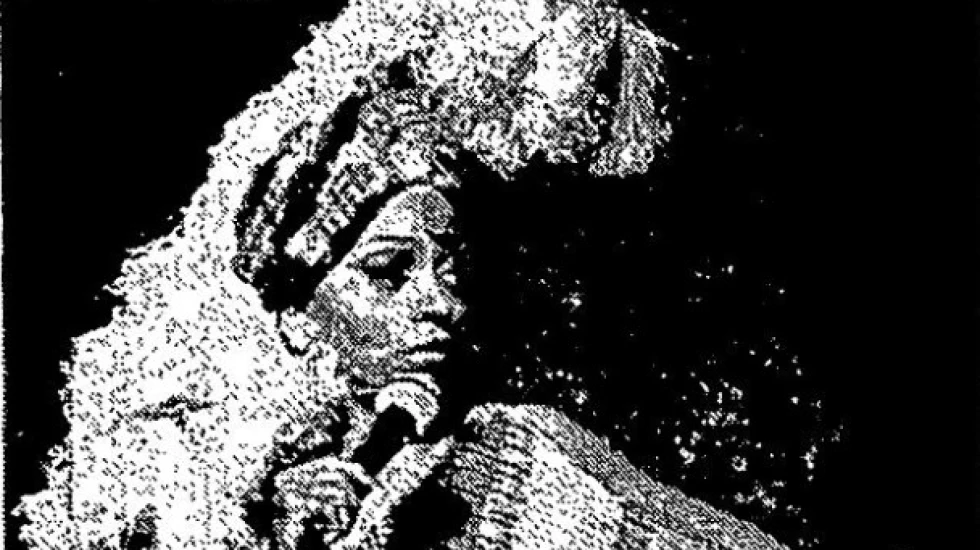
As published in the Chicago Daily News, sister publication of the Chicago Sun-Times:
January in Chicago could hardly be considered a happening time. The freezing cold and snowy skies usually keep Chicagoans in their homes, hunkering down until St. Patrick’s Day.
But when Diana Ross comes to town, suddenly the month heats up.
In January 1977, the acclaimed singer and actress, born this week on March 26, 1944, took to the stage of the Arie Crown Theater of McCormick Place to dazzle her audience with a 90-minute musical revue proving that she was the queen of entertainment.
Subscribe to our Newsletter
Want more “This Week In History” content delivered to your inbox? Sign up for our Afternoon Edition newsletter for a rundown of the day’s biggest stories every weekday and a deep-dive into Chicago history every Saturday.
At the time of the concert, Ross had been a solo act for seven years following her exit from The Supremes. In addition to a number of hit albums, including several disco ones, she proved to critics that she could hold her own as an actress, scoring an Oscar nomination for “Lady Sings the Blues” and fan adulation for “Mahogany.”
So it’s no surprise that both critics and fans expected a flashy show, and “An Evening with Diana Ross” did not disappoint. It featured an impressive production: “a 32-piece orchestra, three backup singers, a trio of mimes, assorted scaffolding and ladders to hold all these bodies, a battery of light stanchions, 173,000 watts of power for the light and audio equipment, a trunkful of costumes, a cadre of plainclothes security guards and enough producers, personal managers, agents, talent representatives and publicists to start up a new world’s fair,” Chicago Daily News reviewer Richard Christiansen wrote for the next day’s paper.
Ross stepped on stage in a white sheath gown, flashed her pearly whites at the crowd and sang out, “Here I am!” Christiansen recorded. Moments later, a mime reached behind her and pulled out several yards of white stretch material tucked into her dress, unfurling it so that it fanned out like a motion picture film reel behind her.
During the first act, the entertainer, now wearing “a slinky sequins-and-silk red pants outfit,” pulled several fans onstage for a disco party as she sang “Love Hangover” from her latest album, the reviewer wrote. The fans apparently became a little too excited, as Ross had to “grab the microphone away from an aspiring amateur singer,” but she managed to send everyone back to their seats with a few generous assurances.
Ross closed out the first act with a “razzle-dazzle routine” that included fast costume changes and favorite pop songs from legendary Black entertainers including Josephine Baker, Bessie Smith and Billie Holiday, whom Ross had portrayed in “Lady Sings the Blues.” The routine proved Ross to be “the heiress apparent of these memorable singers.”
In the second half of the show, the singer returned to her roots, singing those oldies-but-goodies that made her a star such as “Baby Love” and “Stop in the Name of Love,” followed by a medley from the musical “A Chorus Line,” which was dedicated to the many talented Black artists (Langston Hughes and Duke Ellington to name a few) that inspired her to strike out on her own as a singer.
The concert closed out as Ross moved “into the audience, while her stern-faced security guards cautiously watch for any overly enthusiastic fans, shakes hands with a few folks and invited them all to sing along and join hands for a final chorus of ‘Reach Out and Touch,’” Christiansen recounted. A standing ovation followed.







